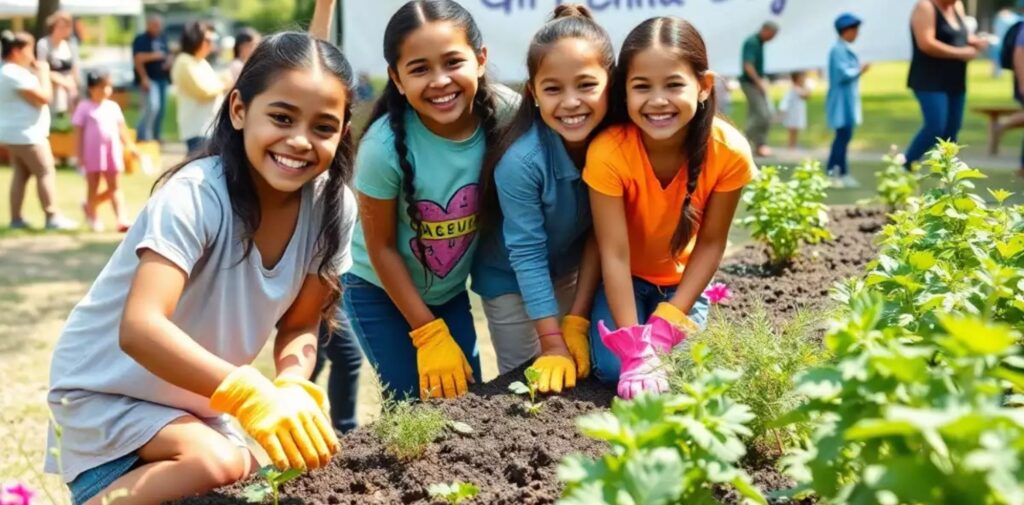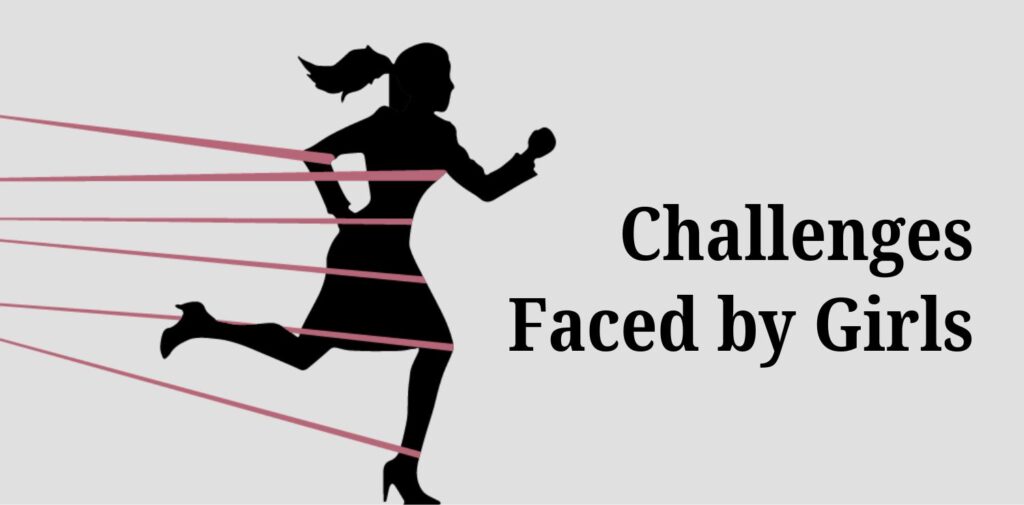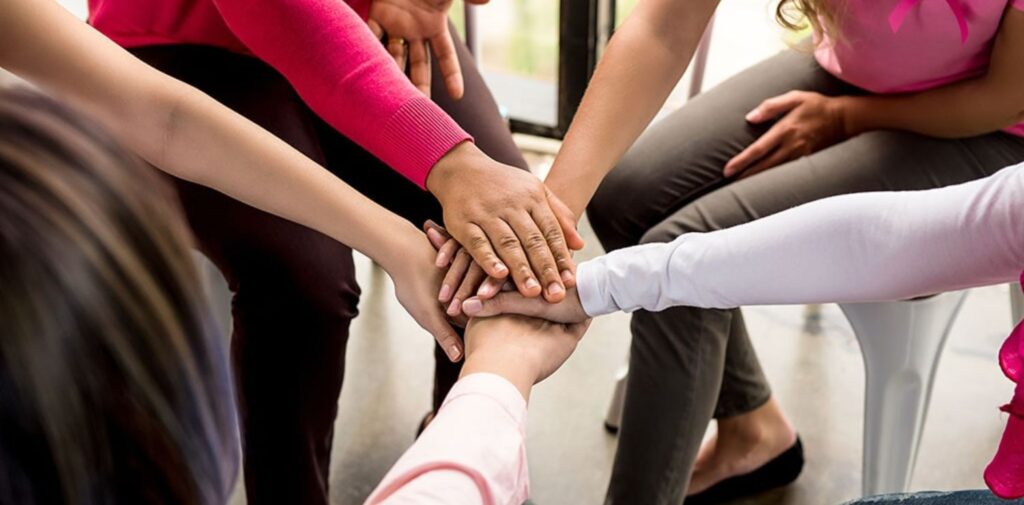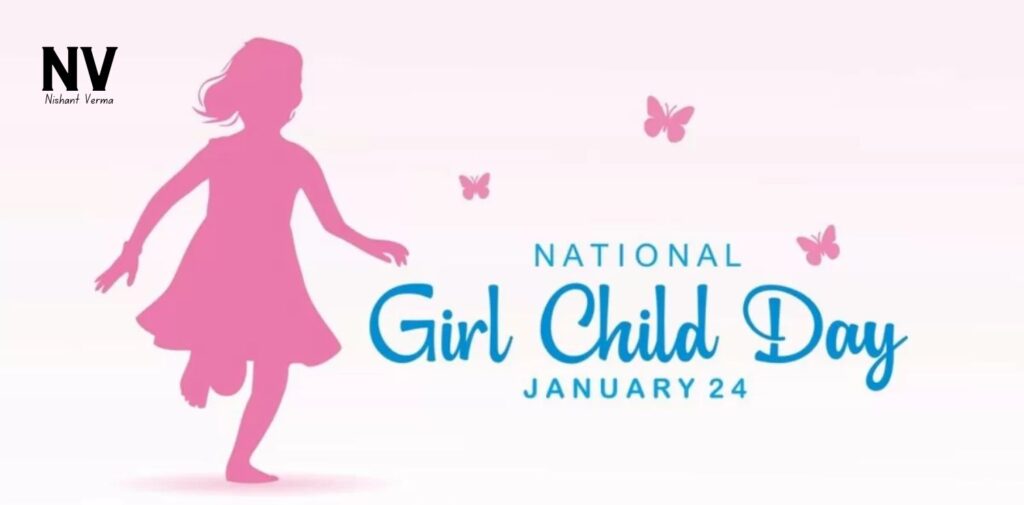National Girl Child Day is celebrated on January 24th every year in India. This day is dedicated to raise awareness about the rights of girls and highlight the challenges they face in society. It is a day to focus on the importance of girl children and to ensure their health, education, and well-being are prioritized. National Girl Child Day also serves as a reminder to work towards eliminating gender inequality and empower girls to achieve their full potential.
This day plays a significant role in shaping the future of young girls, providing them with equal opportunities, and encouraging their participation in all aspects of society, including education, sports, business, and leadership roles. In this article, we will discuss the importance of National Girl Child Day, the challenges faced by girls, and the ways in which society can help empower them.
The History of National Girl Child Day
National Girl Child Day was first celebrated in India in 2008 by the Ministry of Women and Child Development. The purpose was to address the issues that girls face, such as gender discrimination, inequality, and violence. It was a step towards promoting the rights of girls and encouraging the government, communities, and individuals to take action to improve the situation of girls in society.
The decision to celebrate this day was inspired by the growing recognition that girls are often deprived of their basic rights, including access to education, healthcare, and safety. By setting aside a day to specifically honor girls, it was hoped that people would be more aware of the importance of gender equality and the need to protect and promote the rights of girls.

Why Celebrate National Girl Child Day?
National Girl Child Day is an opportunity to reflect on the progress made towards achieving gender equality and to identify the areas where more work is needed. There are several reasons why this day is important:
- Raising Awareness about Gender Equality: Gender discrimination is a widespread issue that affects girls in many parts of the world. National Girl Child Day helps highlight these challenges and raise awareness about the need to create a more equal society for both boys and girls.
- Promoting the Rights of Girls: Girls, especially in rural and underprivileged areas, face numerous barriers to accessing basic rights such as education, healthcare, and safety. By celebrating this day, we can remind everyone that girls have the same rights as boys and deserve to be treated equally.
- Highlighting the Importance of Education for Girls: Education is one of the most powerful tools for empowering girls and breaking the cycle of poverty. National Girl Child Day promotes the importance of providing quality education to all girls, ensuring they have the knowledge and skills to build a better future.
- Empowering Girls to Achieve Their Potential: National Girl Child Day encourages girls to dream big and pursue their ambitions. By celebrating this day, we inspire girls to take part in various fields, including science, sports, arts, business, and politics, and to overcome the barriers that may limit their opportunities.
- Ending Child Marriage and Violence Against Girls: In many parts of the world, girls are forced into early marriages and subjected to violence and abuse. National Girl Child Day serves as a platform to raise awareness about the harmful effects of child marriage and violence and to promote measures to protect girls from these practices.

Challenges Faced by Girls
Despite progress in some areas, girls continue to face significant challenges that limit their potential. Some of the most common challenges include:
- Gender Discrimination: In many societies, girls are still treated as second-class citizens. This discrimination can manifest in various ways, such as unequal access to education, limited career opportunities, and being denied the freedom to make choices about their lives.
- Child Marriage: Child marriage remains a serious issue in many parts of the world. In India, for example, millions of girls are married before the age of 18, depriving them of their childhood, education, and the opportunity to achieve their full potential. Child marriage often leads to early pregnancies, health risks, and a lifetime of poverty.
- Lack of Access to Education: In many rural areas, girls face barriers to education, such as the lack of schools, transportation, and proper sanitation facilities. Poverty and cultural norms often prevent girls from attending school, which limits their chances of improving their lives and breaking the cycle of poverty.
- Violence and Abuse: Girls are often at risk of violence, including sexual harassment, domestic violence, and trafficking. In some cases, girls are forced to stay in abusive situations due to social or cultural pressure. This violence not only affects their physical and emotional well-being but also limits their opportunities for a better future.
- Health and Nutrition: Girls, especially in poor communities, face health challenges related to malnutrition, lack of sanitation, and limited access to healthcare. In some cases, girls are also at risk of early pregnancies, which can have serious consequences for their health and well-being.

Ways to Empower Girls
While there are many challenges that girls face, there are also many ways to empower them and help them overcome these obstacles. Here are some ways to promote the rights and well-being of girls:
- Providing Education: Education is key to empowering girls. Governments, schools, and communities must work together to ensure that all girls have access to quality education. This includes providing scholarships, building schools in rural areas, and addressing the specific needs of girls, such as separate toilets in schools.
- Promoting Gender Equality: It is important to challenge and change societal norms that limit the opportunities for girls. Families, communities, and schools should promote gender equality by encouraging girls to pursue careers and activities traditionally dominated by boys, such as science, sports, and leadership roles.
- Raising Awareness: Awareness campaigns can help educate people about the rights of girls and the importance of gender equality. These campaigns can be held through media, social platforms, and community events to reach a large audience and inspire change.
- Providing Safe Spaces: Girls need safe spaces where they can express themselves freely without fear of violence or discrimination. Schools, community centers, and social programs should create environments where girls feel safe, supported, and valued.
- Ending Child Marriage: Governments and communities must work together to eliminate child marriage and support laws that prevent girls from being married before the age of 18. Raising awareness about the harmful effects of child marriage is an important step in protecting girls.
- Improving Health Care: Providing accessible healthcare for girls is essential. This includes ensuring that girls have access to proper nutrition, hygiene, and medical care, as well as addressing issues such as menstrual health and reproductive rights.
Conclusion
National Girl Child Day is a significant occasion to reflect on the importance of empowering girls and ensuring that they have equal rights and opportunities. By raising awareness about the challenges faced by girls and working together to eliminate gender discrimination, we can create a better future for girls and society as a whole.
It is our collective responsibility to ensure that girls have access to education, healthcare, and a life free from violence and discrimination. As we celebrate National Girl Child Day, let us commit to working towards a world where every girl has the chance to reach her full potential and live a life of dignity and respect. Empowering girls is not just about improving their lives—it is about creating a better world for everyone.




